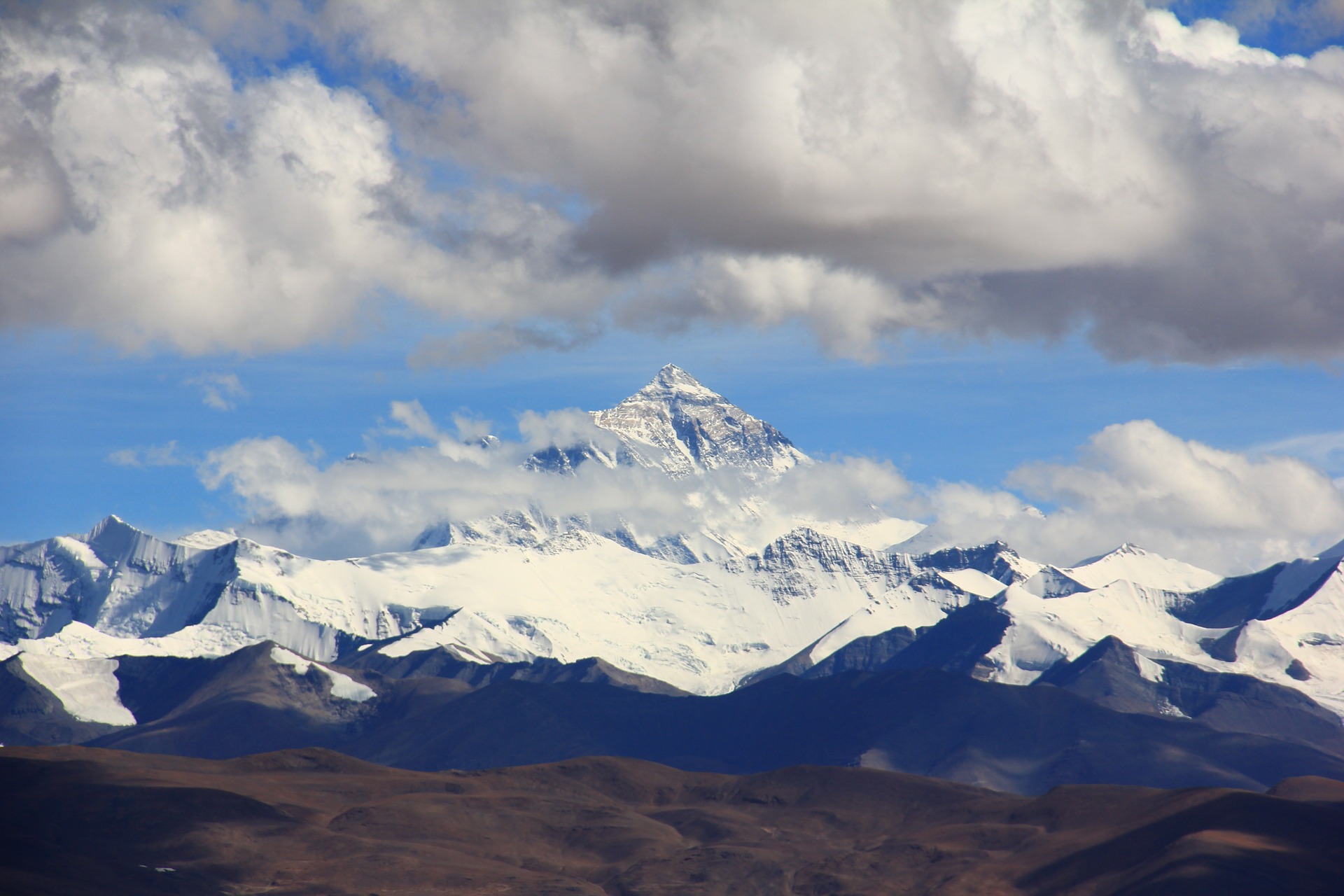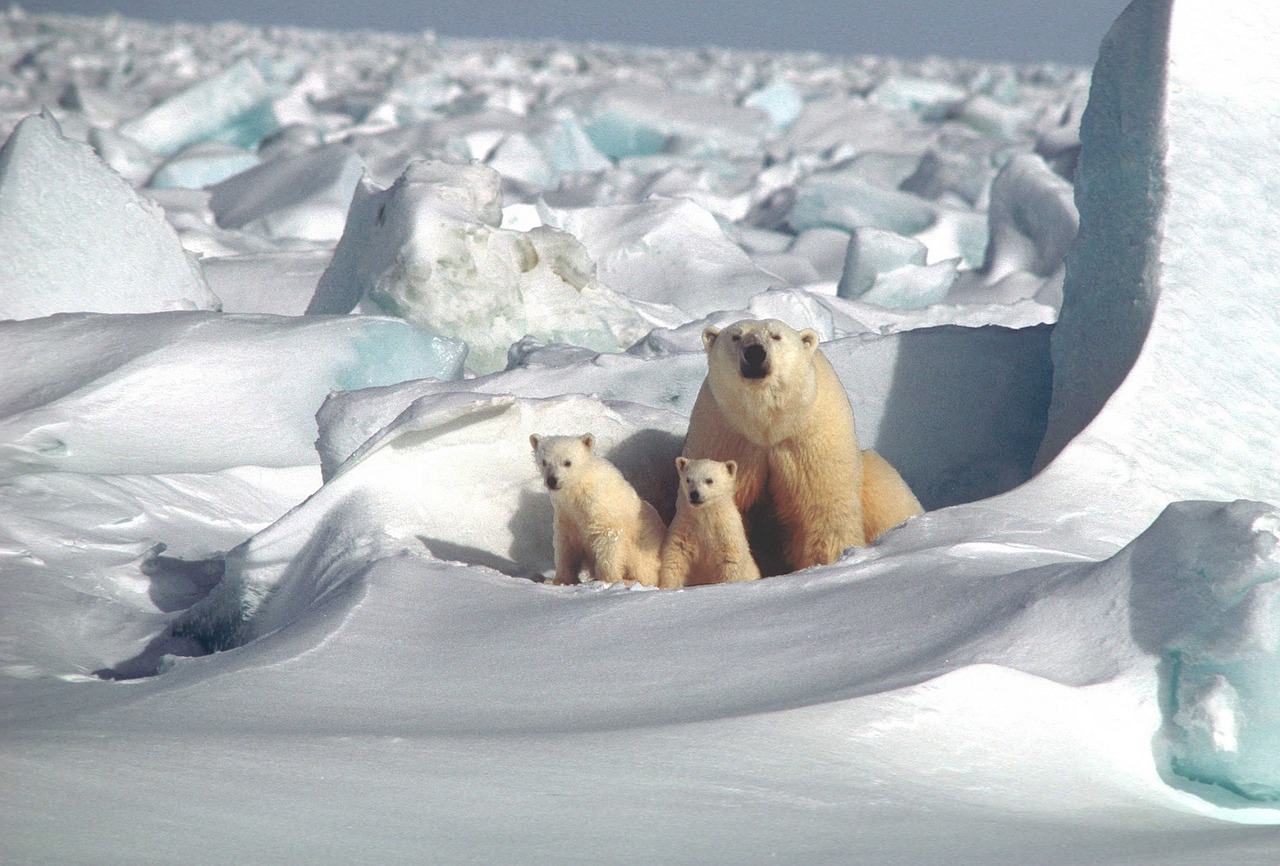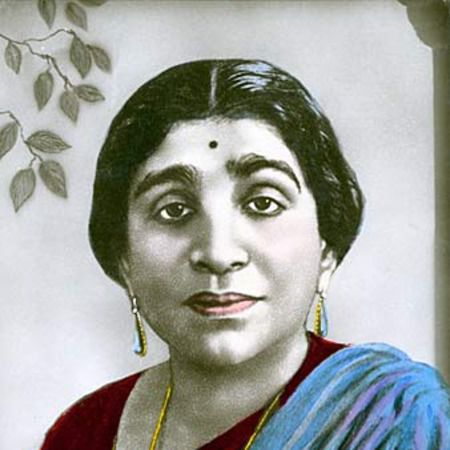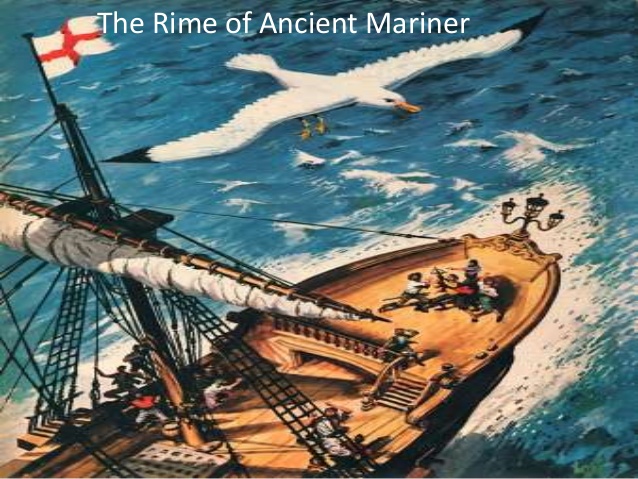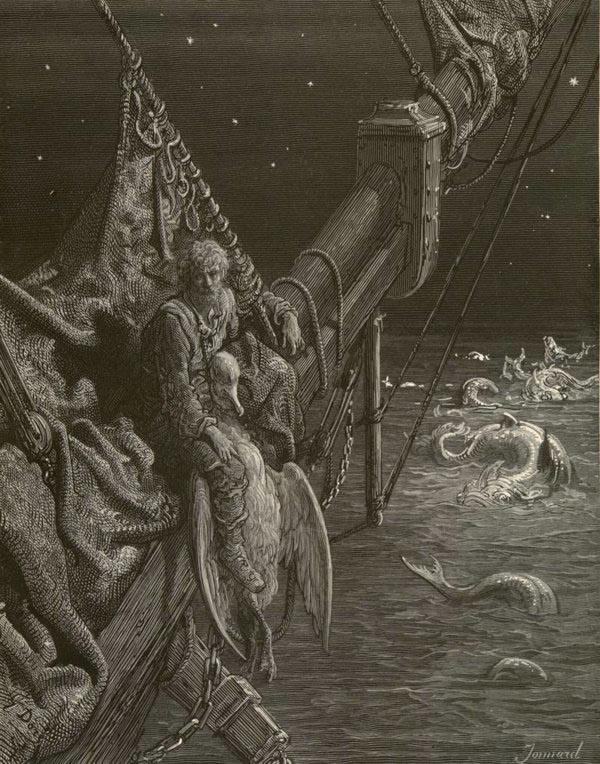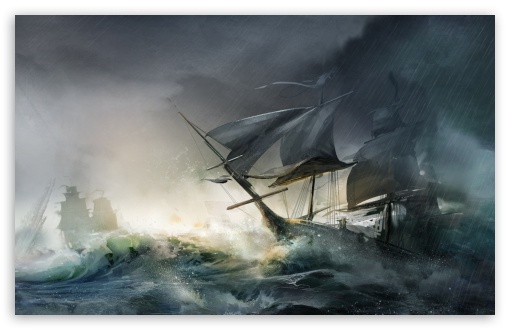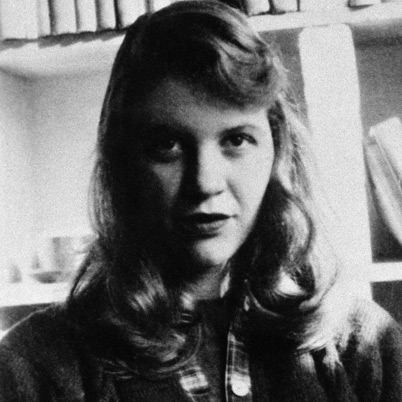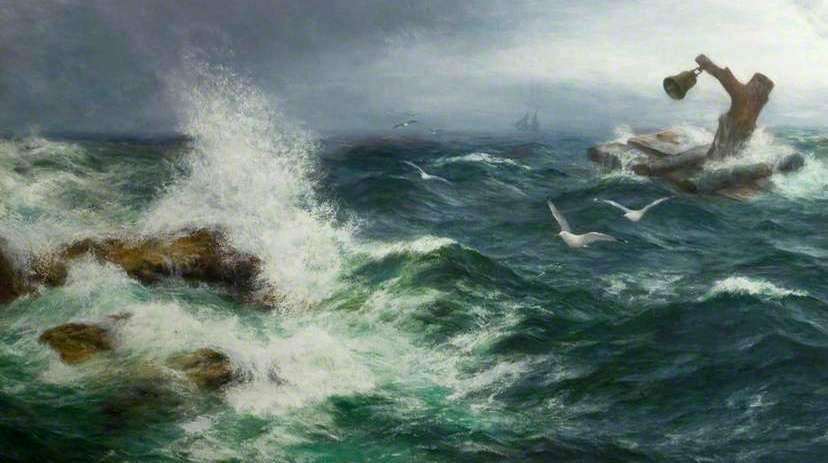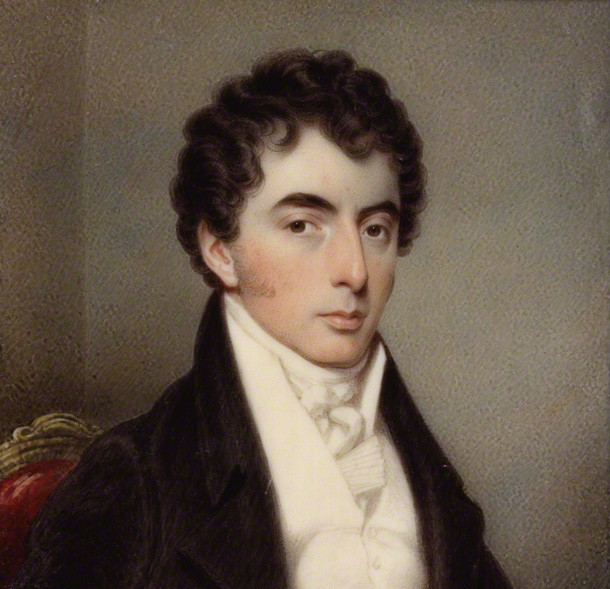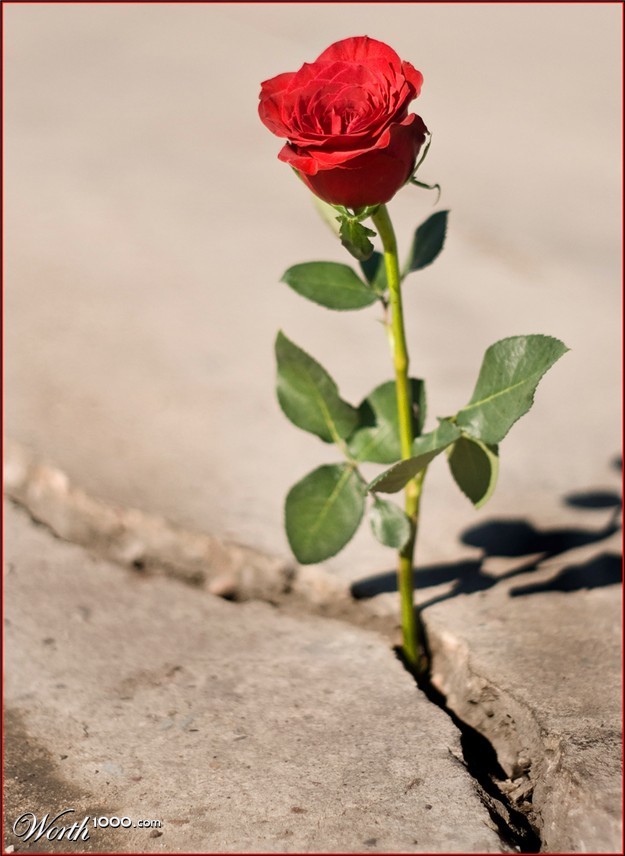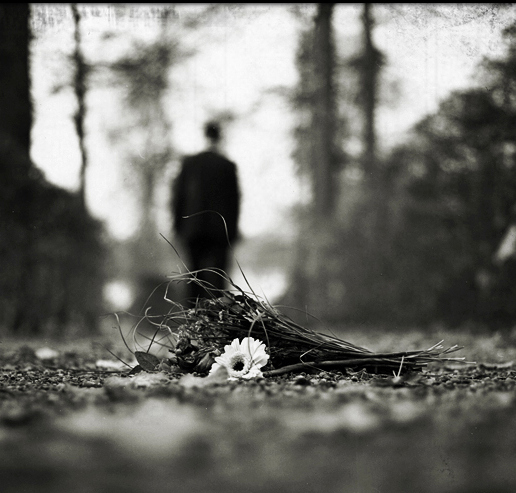This poem summary focuses on Sylvia Plath’s apparently simple poem about a blackberry picking expedition known as ‘Blackberrying’. However, like all of Plath’s poetry, this poem too has a deeper layer of meaning that reveals much about her mental state, in the very mode of confessional poetry.
This poem is composed of three stanzas. Each of these stanzas consists of nine lines. The speaker of the poem is ostensibly Plath herself. In the first stanza, Plath describes the path along which the blackberry bushes grow, and where her blackberry picking expedition has brought her. She says blackberries crowd both the sides of the path, especially the right side. Other than the blackberries, there is nothing and no one in sight. She thinks there is a sea at the end of the path, but she cannot see it. She can only feel it “heaving”. While this word is hinting at the swirling motion of the water in the sea, it cannot but be associated with the heaving of a woman’s bosom as well. Here begins a strange kinship of woman and nature that Plath continues to develop in the rest of the poem as well. Next, Plath explicitly links the blackberries with certain parts of a particular woman’s body – her own body. She says that the blackberries are as big as the ball of her thumb, and that they are as “dumb as eyes.” This mixing of the auditory and the visual shows that Plath is perceiving the blackberries with all her senses, and forming a deep communion with them. Plath also says that the blackberries appear t be black on the outside, but when plucked they spill blue-red juices. These juices are as vital to the blackberries as blood is to the human body. Plath says that she and the blackberries have a “blood sisterhood.” This expression has many connotations. ‘Blood’ may stand for family, linking her and the blackberries in an indissoluble bond. It could also stand for menstruation, that which ties all women together, and in this case, ties the blackberries together with all women including Plath herself. It could also refer to the tradition of cutting each other’s fingers and then letting the blood from the wounds flow together as one when the fingers are brought together. In all the cases, Plath is saying that she has a special connection to the blackberries that is legitimized by the blood that flows through her body and that she will shed when she dies, and the blue-red juices that spill out and stain her hands when she picks the blackberries. However, the blackberries are not upset with her for picking them. Instead, she is sure that they love her, and have no objection to her putting them in her bottle of milk, as is evidenced by the fact that they willingly accommodate themselves to the sides of the bottle. Just as Plath creates a space for the blackberries, they too do not hesitate to occupy that space.
In the second stanza, Plath paints a bleak picture, somewhat in contrast with that evoked in the first stanza. She describes how choughs are flying about in a windy sky. The choughs are black, and therefore, appear to be like “bits of burnt paper”. The choughs are also noisy, as if protesting in unison against some unjust occurrence. The sea might have been a reprieve from this repressive atmosphere and the cacophony of the choughs, but at this point, Plath starts to doubt whether the sea will appear at all. Next, Plath seems for a moment to reverse the gloom of the atmosphere. She talks about how the green bushes on which the blackberries are growing appear to glow from within. One particular bush is filled with blackberries so ripe that it has attracted the presence of hundreds of flies that are in absolute ecstasy with the opportunity to suck on the juices of the ripe berries. The berries have seemed as sweet as honey to the flies, and they have been so pleasured by this that they have started believing in the existence of a heaven on earth, where perhaps such blackberry bushes crowd the scenery entirely. Plath then takes the last bend of the path, to see both the bushes and the berries disappearing from in front of her eyes.
In the third stanza, once again, Plath seems to anticipate the moment at which she will be able to come face to face with the sea. However, it is not the sea that she encounters – not water, but wind as it “slaps” her face in the tunnel that is created between the two hills where the blackberry path occurs. This, then, is evidently a harsher environment at the part of the path where the blackberry bushes have ended. The hills, says Plath, are green and sweet, and have never experienced the water-mists of a salty sea. Taking the very last bend in the road, Plath sees the northern face of the mountain. In contrast to the green bushes, this rock face is orange in colour. Looking out over the mountain, she sees nothing but lights, and hears nothing but the sound of silversmiths beating at a metal that is not willing to bend into the shape that the blacksmith wants to give it. This kind of monotony is associated with human civilization, and divorced from the nature that Plath had been so attached to in the first part of the poem.
Dear Readers- If this summary/analysis has helped you, kindly take a little effort to like or +1 this post or both. Make sure you like Beamingnotes Facebook page and subscribe to our newsletter so that we can keep in touch. We’ll keep informing you about stuffs that are really interesting, worth knowing and adds importance to you.
Some online learning platforms provide certifications, while others are designed to simply grow your skills in your personal and professional life. Including Masterclass and Coursera, here are our recommendations for the best online learning platforms you can sign up for today.
The 7 Best Online Learning Platforms of 2022
- Best Overall: Coursera
- Best for Niche Topics: Udemy
- Best for Creative Fields: Skillshare
- Best for Celebrity Lessons: MasterClass
- Best for STEM: EdX
- Best for Career Building: Udacity
- Best for Data Learning: Pluralsight
